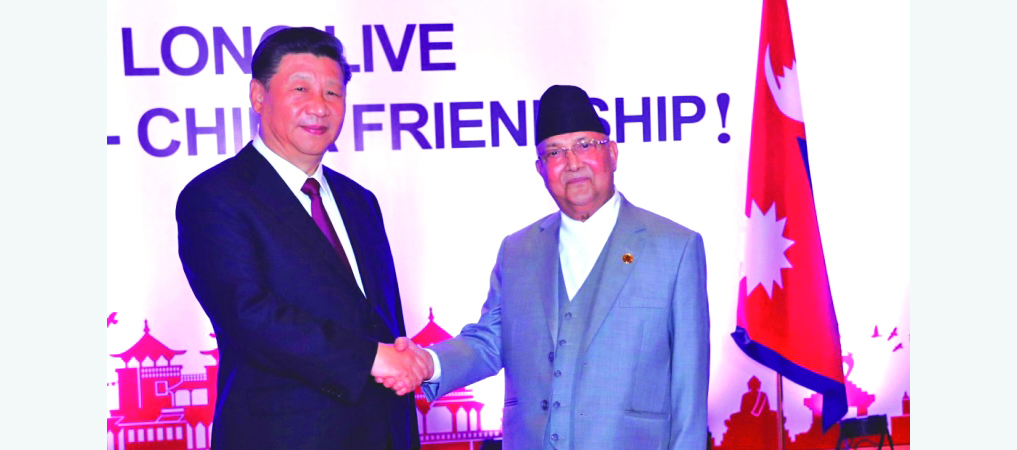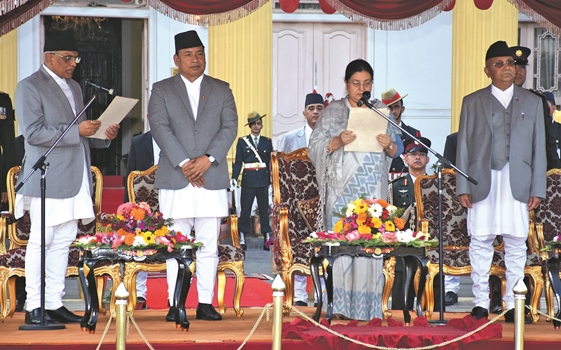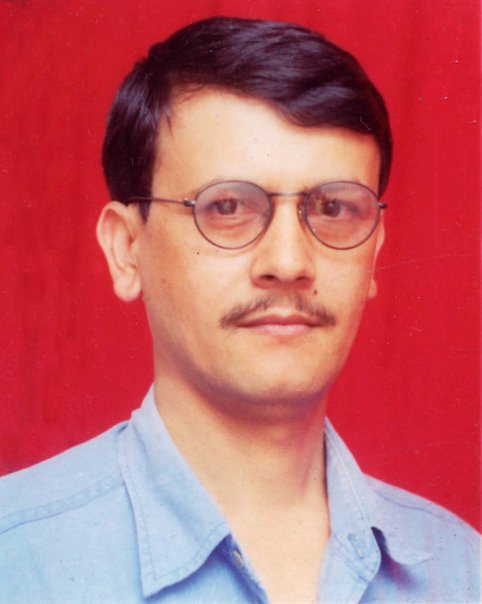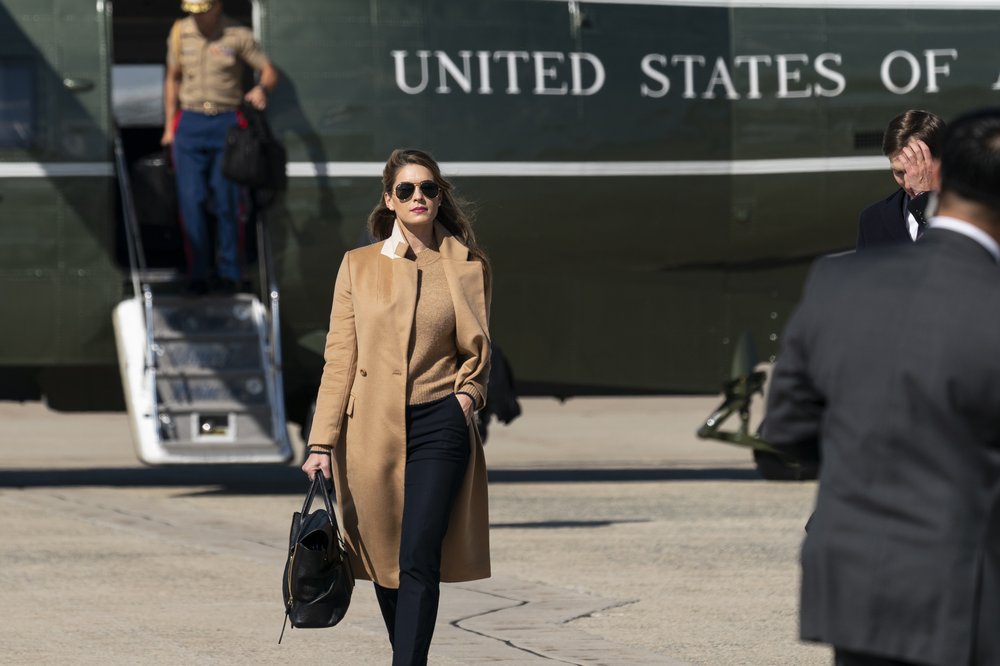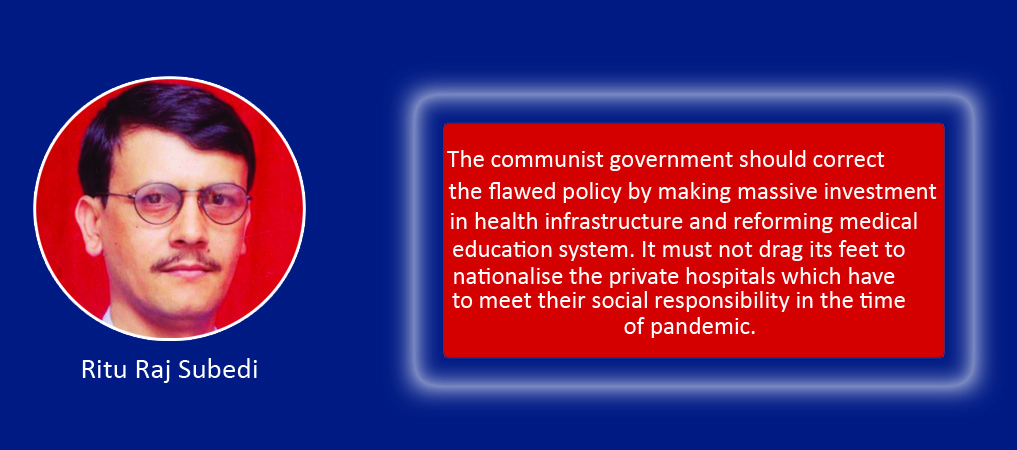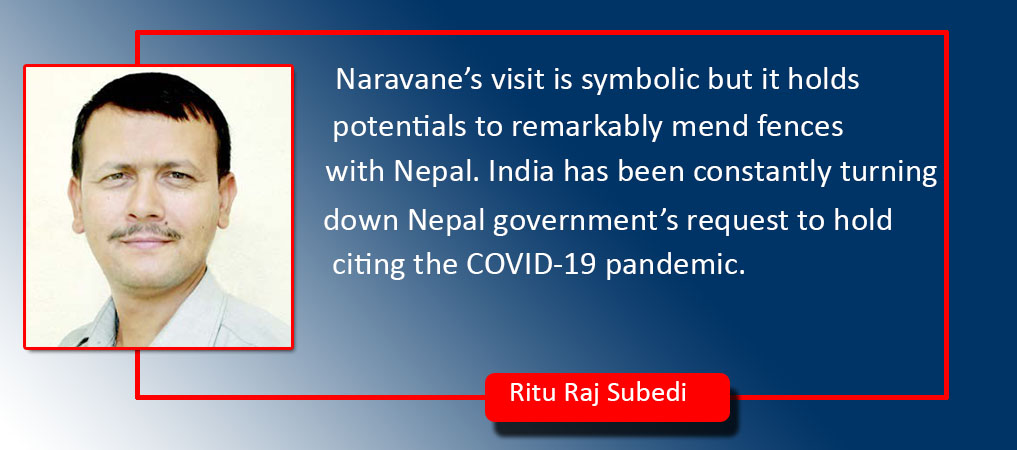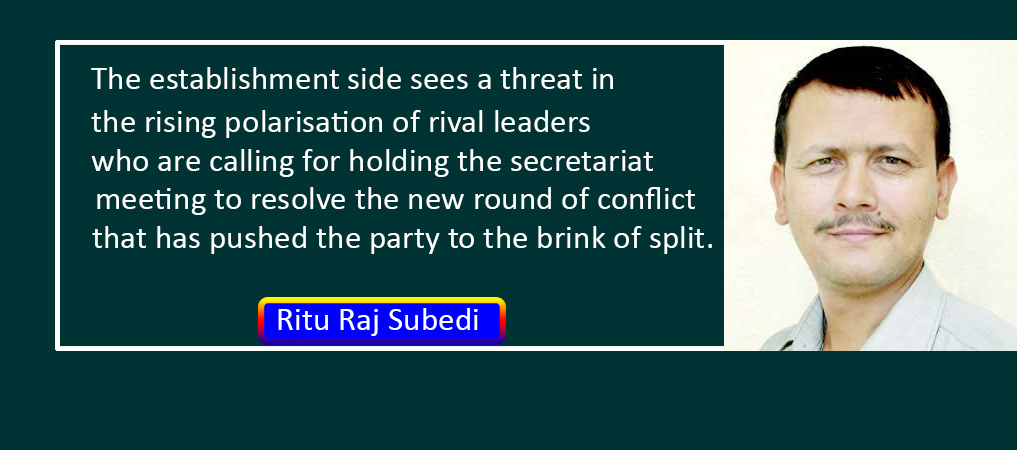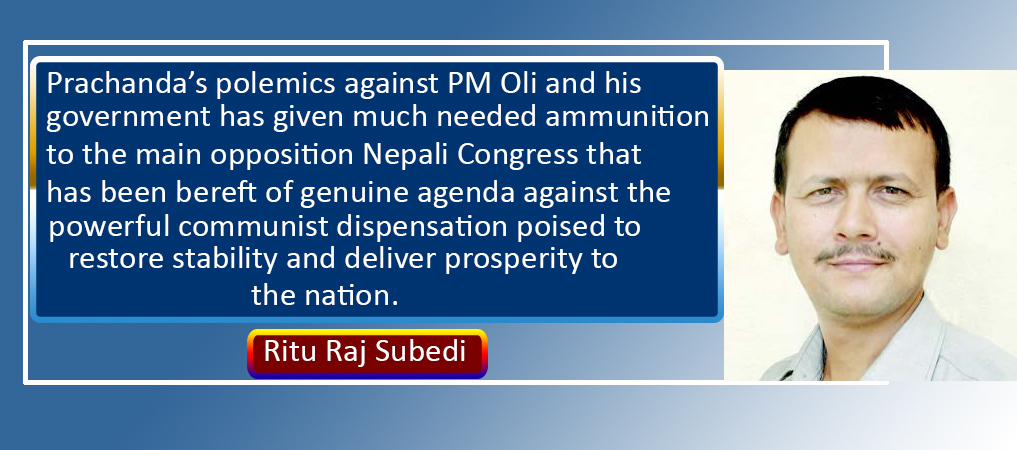Litmus Test Of Judiciary
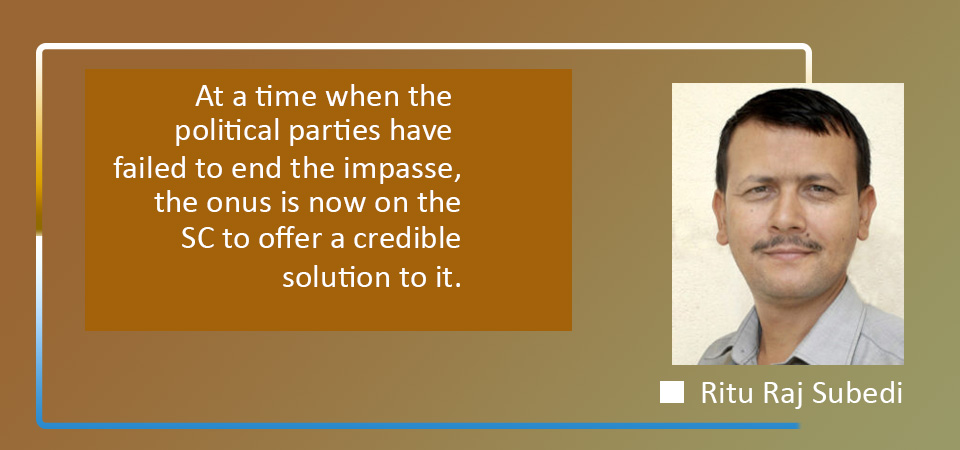
Ritu Raj Subedi
Contrary to the general expectation, the young democratic republic has run into roadblocks following the dissolution of the House of Representatives (HoR) twice. It was the first elected body after the country entered the federal system. The people had given their huge mandate to an alliance of erstwhile CPN-UML and CPN-Maoist Centre, with a hope that it will deliver stability, good governance and prosperity to the nation as promised in their polls manifesto. But the unfortunate disbanding of Nepal Communist Party (NCP) and its knock-on effect on the national politics has dashed their dreams to see a strong Nepal capable of carving its destiny by itself keeping the deleterious impacts of geopolitics at bay.
Now the country is witnessing growing confrontational polarisation on several fronts. Internal bickering has hit the ruling parties – UML and Janata Samajbadi Party – to the hilt. It is difficult to predict how the raging infighting within the UML finds a way out. But what is more worrying is that there is hostile conflict among the vital organs of the state. The executive and now defunct legislature have been on collision course. The constitutional bodies like the Election Commission have come under greater public scrutiny regarding their decisions on the disputes of political parties.
Deepening discord
The other day the Offices of President, Prime Minister and Speaker furnished their clarification in writing to the Supreme Court regarding the HoR dissolution. President Bidya Devi Bhandari and PM KP Sharma Oli defended their decision to dissolve the lower house and go for the fresh mandate. On the other hand, Speaker Agni Sapkota termed the move as unconstitutional. Their divergent position reflects the deepening discordance among the parties on the ground. This is not a good omen for the republic that demands healthy and cordial ties between the executive and the legislature to create and strengthen public institutions responsible for effective delivery of services and goods to the people.
The PM represents the government but the President the state. Our President is the face of the nation for the outside world. In the constitutional monarchy, there was an assumption that ‘king can do no wrong.’ Though this legal maxim is now outdated, it gave an insight into how ceremonial or constitutional monarchy should function. Based on this premise, the King or Queen was supposed to stand above any political controversy and provide wise counsel to the government over the affairs of the state. The post-1990 political change saw late king Birendra largely fulfilling his constitutional duty that endeared him to most of the Nepalis. In a similar way, our republican system has envisioned the President as the custodian of constitution and the guardian of the nation. S/he should treat all parties – ruling and opposition – equally so that s/he commands respect from the public, thereby uniting the nation even at a time of fierce political wrangling.
However, this time the decisions of the Office of President have become the subject of legal debate. So the SC has also sought clarification from it after the opposition alliance, led by Nepali Congress president Sher Bahadur Deuba, filed a petition at the apex court demanding that he be appointed as the new PM. Prior to the dissolution of HoR on May 22, Deuba and opposition leaders, including Nepal-Khanal faction of UML, reached the President’s office, with the signatures of 149 lawmakers. PM Oli also submitted the signatures of 153 lawmakers and staked his claim to the premiership. But the President rejected both the petitions, stating that their claims were insufficient to get appointed as the new PM.
The SC’s Constitutional Bench that is now hearing the petitions for and against the HoR dissolution has also got to settle another tricky constitutional issue - whether or not the President’s decision can be a subject of judicial review. In her replies to the court, President Bhandari stated: “Any action carried out by the President as per Article 76 of the constitution cannot become a subject of any petition and this cannot be an issue for a judicial review.” Her argument is that the court cannot challenge her discretionary power to determine whether the prime minister to be appointed as per the Article 76(5) can secure a vote of confidence in the parliament.
Immunity debate
She has cited Clause 16 of the Remunerations and Benefits of the President and Vice President Act-2017 that grants immunity to the holders of both high public offices. As per this Clause, no cases would be prosecuted in any court of law on the actions taken by the President and Vice President while in office or after leaving it. The President has insisted that the court cannot issue a mandamus order to appoint a certain person as the PM. The legal fraternity has been divided whether the President’s decisions are the subject of judicial review.
Meanwhile, PM Oli has said that it is the President, not the court, who can appoint the PM. Neither can it question the role of the President, he said, adding that the government formation is a political matter and the court can’t interfere in it. PM Oli has argued that it goes against the grain of parliamentary system if lawmakers of one party support a person of another party to make him/her the PM. Speaker Sapkota has contradicted him, and stated that the HoR is the only place that can test whether the claim of any of its member has the confidence of parliament as per Article 76 (5). He has argued that the decisions and activities of the President and the PM have undermined constitutional morality, objectivity and pragmatism.
At a time when the political parties have failed to end the impasse, the onus is now on the SC to offer a credible solution to it. It should now interpret Article 76 (5) in a way that plugs the constitutional loopholes. Similarly, it has to explain whether or not the decisions of the President are subject to legal review and constitutional accountability. So it faces a litmus test for its credibility, efficiency and integrity.
(Deputy Executive Editor of The Rising Nepal, Subedi writes regularly on politics, foreign affairs and other contemporary issues. subedirituraj@yahoo.com)
Recent News

Do not make expressions casting dout on election: EC
14 Apr, 2022
CM Bhatta says may New Year 2079 BS inspire positive thinking
14 Apr, 2022
Three new cases, 44 recoveries in 24 hours
14 Apr, 2022
689 climbers of 84 teams so far acquire permits for climbing various peaks this spring season
14 Apr, 2022
How the rising cost of living crisis is impacting Nepal
14 Apr, 2022
US military confirms an interstellar meteor collided with Earth
14 Apr, 2022
Valneva Covid vaccine approved for use in UK
14 Apr, 2022
Chair Prachanda highlights need of unity among Maoist, Communist forces
14 Apr, 2022
Ranbir Kapoor and Alia Bhatt: Bollywood toasts star couple on wedding
14 Apr, 2022
President Bhandari confers decorations (Photo Feature)
14 Apr, 2022



